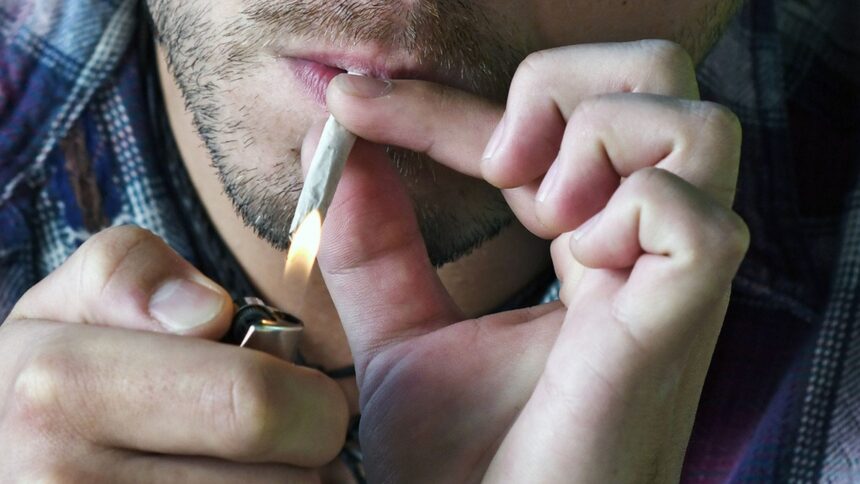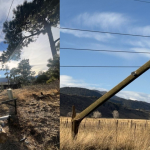Floridians are now less than six months away from finding out whether they puff, puff, and pass freely someday.
After facing some challenges in Florida’s Supreme Court, voters will have a chance to vote for or against recreational marijuana legalization this November during the general election, otherwise known as Amendment 3.
In the meantime, Smart & Safe Florida, the organization that’s backing the amendment, has already released four ads advocating for it.
“Vote yes on Amendment 3 and give Floridians access to regulated, safe marijuana,” one of the ads says. “Giving responsible adults the freedom to make their own choices in their own homes, all while generating billions for better schools and safer communities.”
Here’s when you can vote for the amendment and what happens if it does pass.
What is marijuana?
Marijuana is a greenish-gray mixture of the dried flowers from the Cannabis sativa or Cannabis indica plant, according to the National Institute of Drug Use.
The main psychoactive chemical in marijuana, responsible for most of the intoxicating effects that people seek, is delta-9-tetrahydrocannabinol, or THC. The chemical is found in resin produced by the leaves and buds primarily of the female cannabis plant.
The plant also contains more than 500 other chemicals, including more than 100 compounds that are chemically related to THC, called cannabinoids.
Is weed legal in Florida?

Yes, but only in certain cases.
Marijuana is currently only legal in Florida for those who have a Medical Marijuana ID Card, which is given to those who have been diagnosed by a doctor with a qualifying condition and can afford it. The amendment for medical marijuana was adopted by Florida voters in 2016 by a vote of 71% to 29%.
Is weed legal in Florida?In some cases, yes. Here’s what to know
Getting a medical marijuana card in Florida is a three-step process involving a diagnosis from a qualified physician for certain medical conditions, registering in Florida’s Medical Marijuana Use Registry and applying for a registry ID.
Medical marijuana cards cost $75 and must be renewed every year within 45 days of the card’s expiration for an additional $75 in addition to the potential cost of visiting a physician.
Possession of marijuana under Florida law is still a crime for those without a card. Anyone with 20 grams or less of weed faces up to a year in jail and up to $1,000 in fines.
Will recreational marijuana be legalized?
Florida voters will see recreational marijuana on the ballot in Florida as an initiated constitutional amendment, known as Amendment 3, on Tuesday, Nov. 5, the same day as the presidential election.
Amendment 3 seeks to legalize recreational marijuana, allowing those 21 and older to have up to 3 ounces and up to 5 grams of cannabis concentrate.
Smart & Safe Florida has raised to date nearly $55 million, according to a report by the USA TODAY Network’s Tallahassee Democrat. Most of that amount has already been spent on gathering enough signatures for the measure to make the ballot and most of that has come from Trulieve, the state’s largest medical marijuana operator.
It still needs to receive a supermajority or 60% of the vote. Early voting for the 2024 general election begins Monday, Oct. 21.
What is Florida Amendment 3?What to know about recreational marijuana in Florida
How soon could recreational marijuana become legal if Amendment 3 passes?

Even if the amendment wins at the polls in November, marijuana won’t instantly become legal in Florida.
The process of enacting a successful referendum into law can take several months. Even if it does pass, the state legislature has to decide on how to implement the law, including specific regulations around how much marijuana could be purchased at one time, potency limits, rules around marketing, and any other concerns that arise during the process.
Additionally, there could be legal challenges designed to interrupt its codification and tie up implementation in the courts.
Contributing: Tyler Vazquez, FLORIDA TODAY











